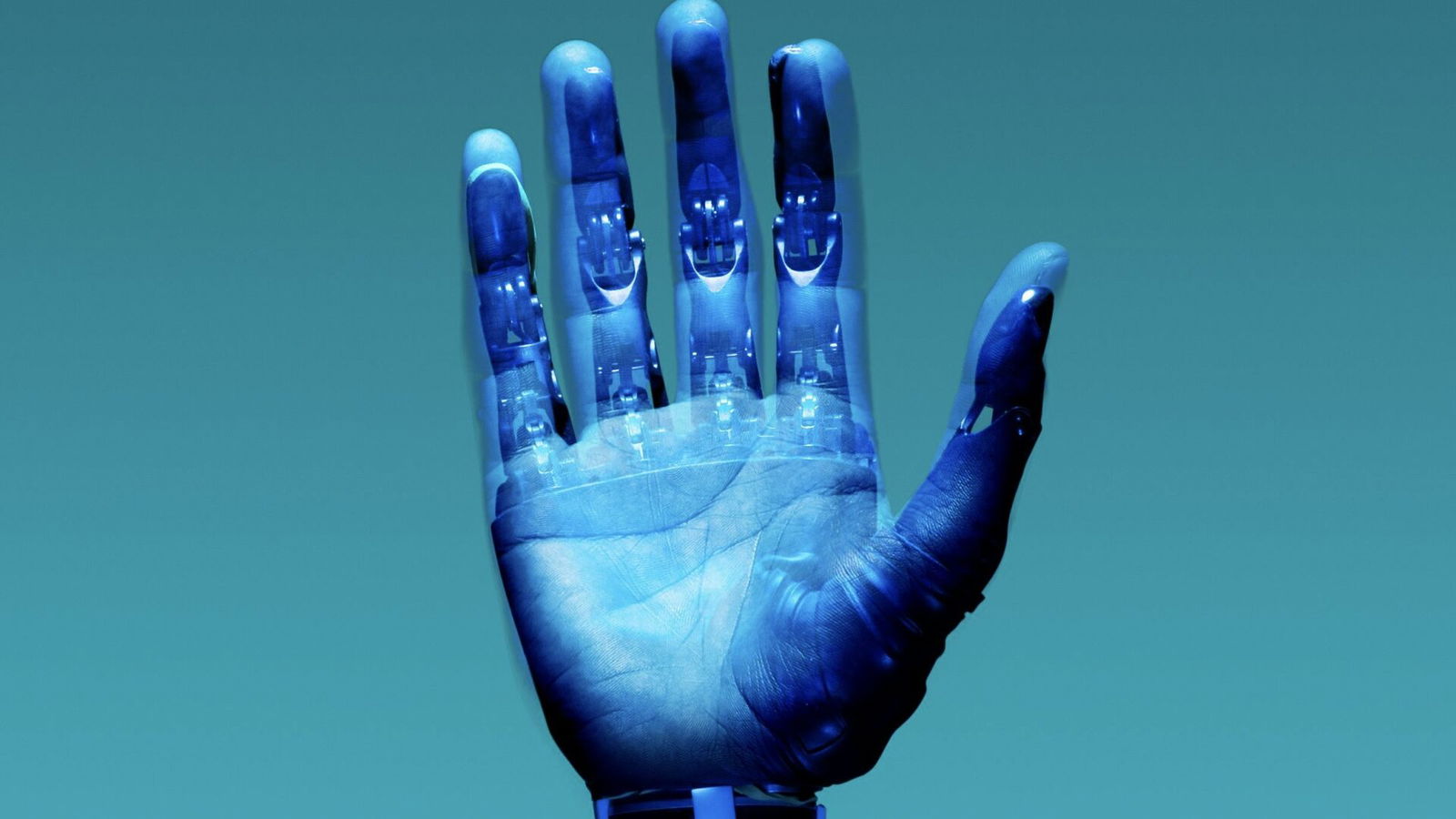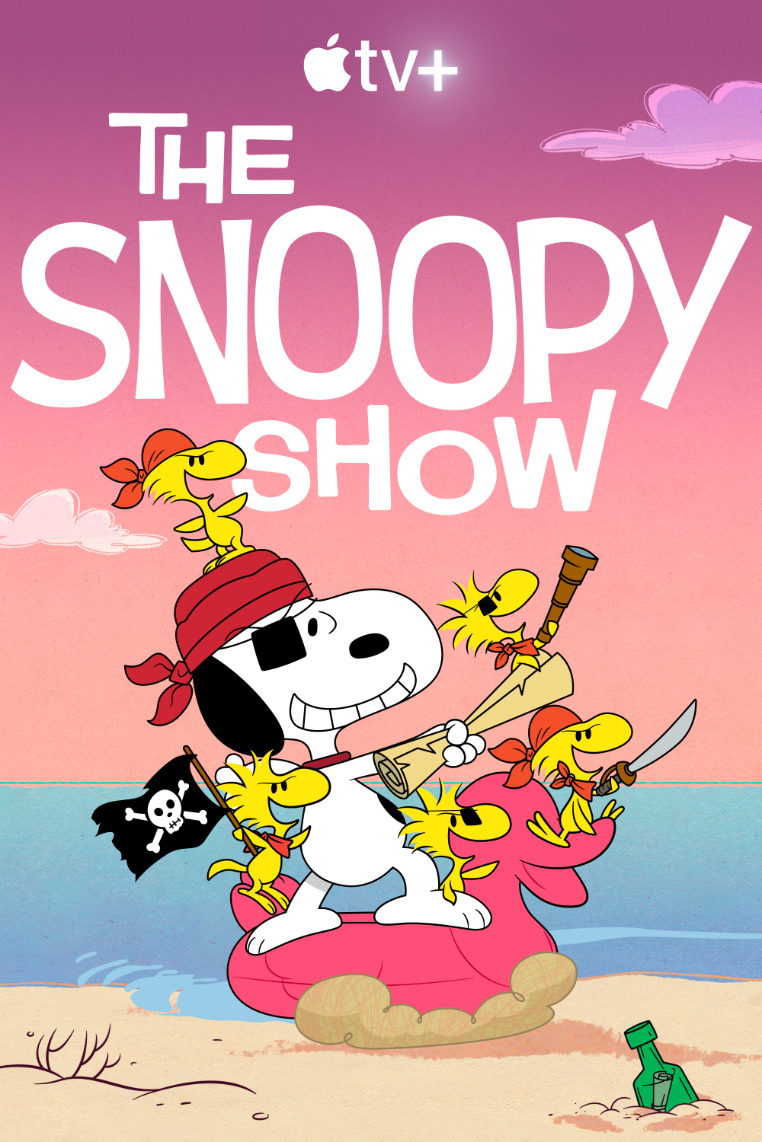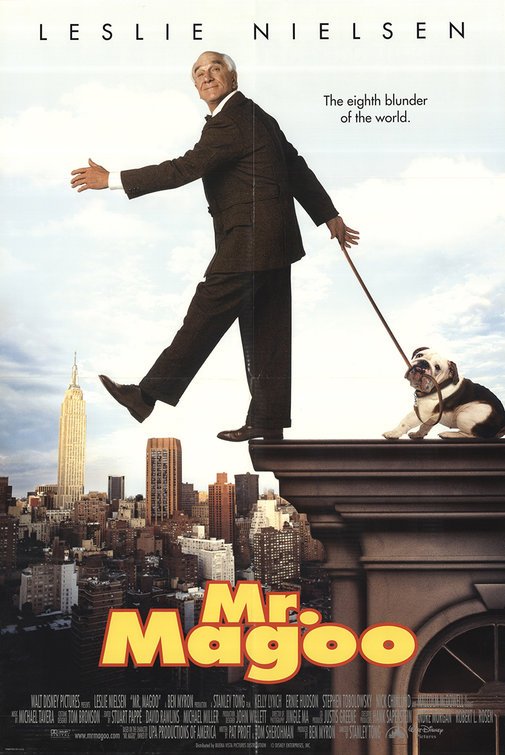
What Americans Really Think About AI and Creativity
By Movieguide® Contributor
As the use of artificial intelligence continues to grow, people are beginning to ask where we should draw the line regarding its reach, specifically within creative fields.
Already, AI dominates many areas of life that we might not notice. Everything from voice assistants — think Siri or Alexa — to eCommerce, content recommendations to autocorrect, relies on the technology.
Within the creative sphere, several “platforms and apps offer users the ability to generate art with AI. Images, voices and text are just a few of the numerous types of content that can be created with AI, and their realism sometimes rivals that of human-made art.”
According to Barna, “Almost half of U.S. adults (47%) believe AI could contribute meaningfully to creative fields such art, music or storytelling, just over one in four says ‘no’ (27%) or is unsure (26%).”
But, while a significant number of people believe AI can contribute to creativity, most don’t think it should be elevated to the same level as human-made art.
“In fact, fewer than half (44%) approve of AI-generated literature being published as a book. Even fewer support AI-generated art being displayed in a museum (39%), AI-generated music using the voices of music artists (30%) or AI-generated art imitating the style of a famous artist (29%),” Barna reported.
Moveiguide® reported what country singer Walker Hayes said about AI and creativity:
With the increased use of artificial intelligence, Hayes wondered, “when you take the necessity for humans to create out of the world, I don’t know if I want to see what the world looks like then. I think that’s when we’re all just sitting and not moving, and we only talk, and we’re just lying in a bed. So, I got to tell you, it weirds me out.”
However, because of his faith in God, Hayes knows that creativity is an inextricable part of humanity.
“But I think God made us creative. I think every human is creative. We created AI. That’s how creative we are. It’s a mind-bender when you think about it,” he said.
Three in five Christian adults in the U.S. are worried about AI’s impact based on their religious beliefs.
A whopping 63% of church-goers agree with the statement, “I have concerns about the ethical implications of AI technologies from my religious perspective.”
There are three reasons for that:
- Christians are far more likely to say a human touch is better than AI at things like providing spiritual counseling (86%) and mental health counseling (84%)
- They also feel this way about using AI for writing sermons (63% say a human could do this task better)
- However, Christians may be more in favor of churches using AI for administrative tasks and reaching people online (40% say AI could be better than humans at helping reach people online, 35% believe this about administrative tasks)
While AI’s role within the church is yet to be fully realized, some believe it can help ministries grow.
“I believe that God created us to thrive. If you look at what Jesus promises, life with Him — that there is a fullness in Him,” said Pastor Eric Parks. “And so can AI create that? No. Not according to my theology. That comes from a relationship with Christ. Can AI put tools in front of me and in people that I love that may help move us toward flourishing? Yeah.”



 - Content:
- Content: 

